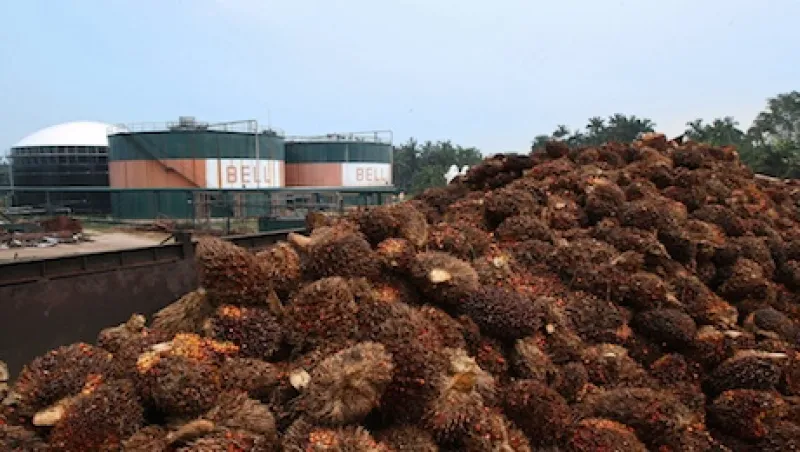
The Malaysian Palm Oil Industry Is on Fire in More Ways Than One
Concerns about environmental sustainability clash with Malaysia’s growth needs in the market for this vital agricultural commodity.
Jonathan Gorvett
March 14, 2014


